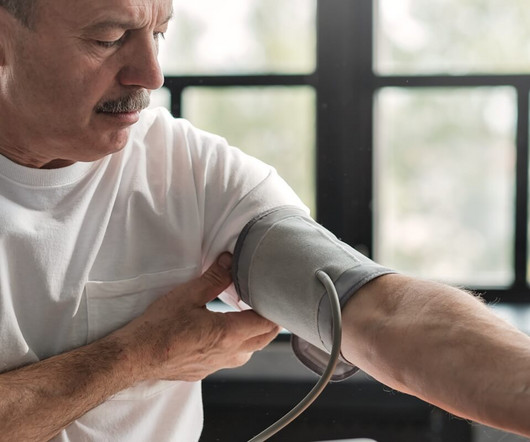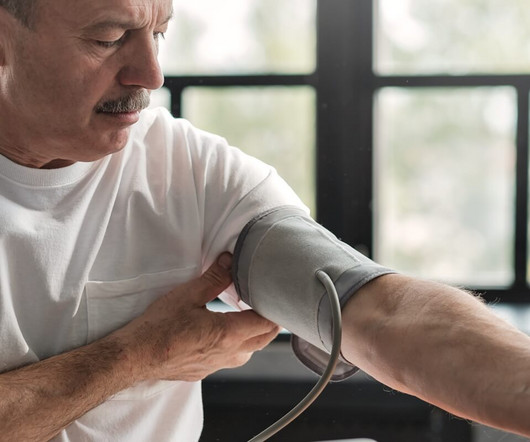Managing High Blood Pressure with Medication and Lifestyle
Imperial Center Family Medicine
JUNE 9, 2025
Effective blood pressure management requires taking the appropriate medicine as prescribed by a healthcare professional and implementing appropriate lifestyle changes. However, the correct treatment plan can help you manage your blood pressure and reduce complications. Aim for at least 2.5














Let's personalize your content